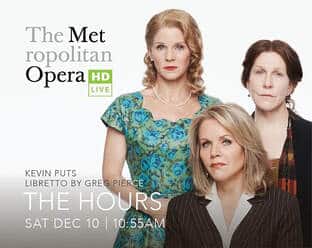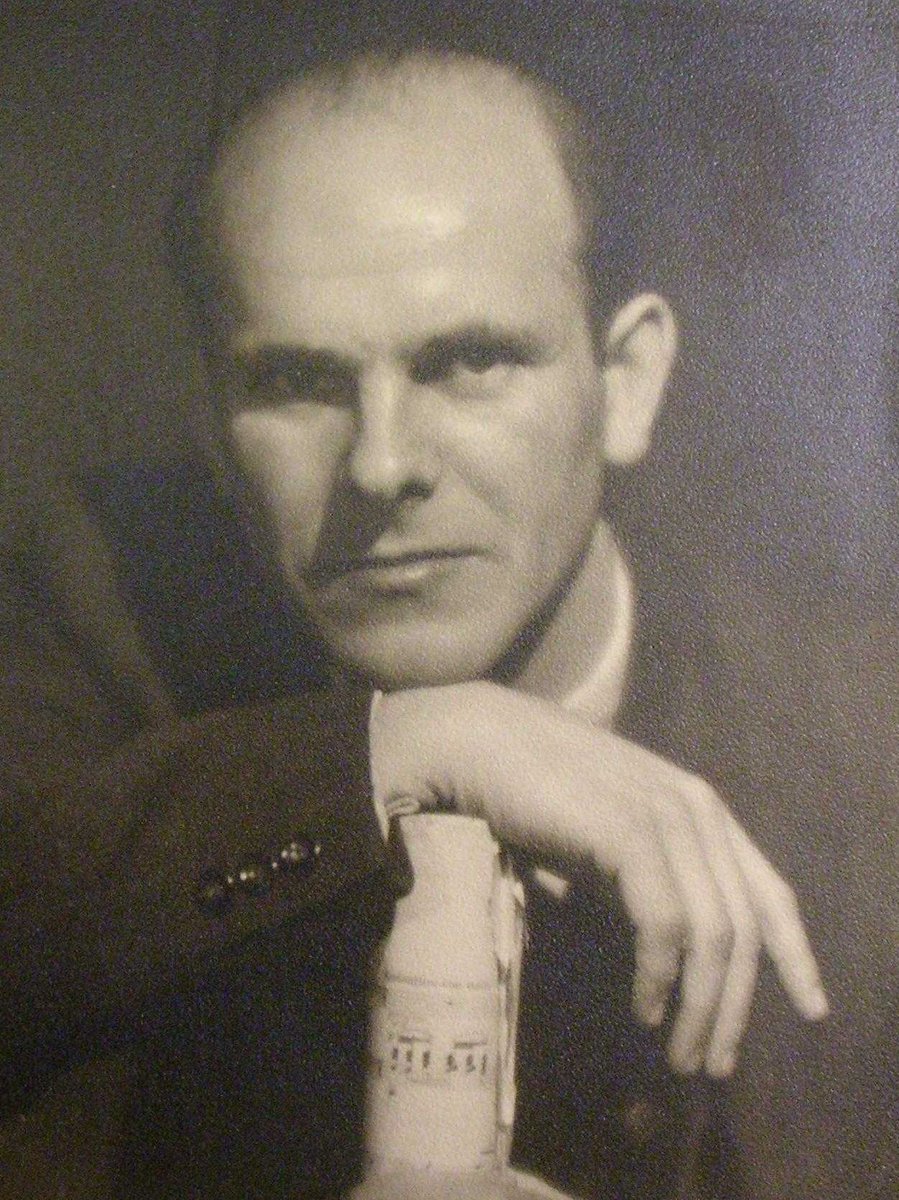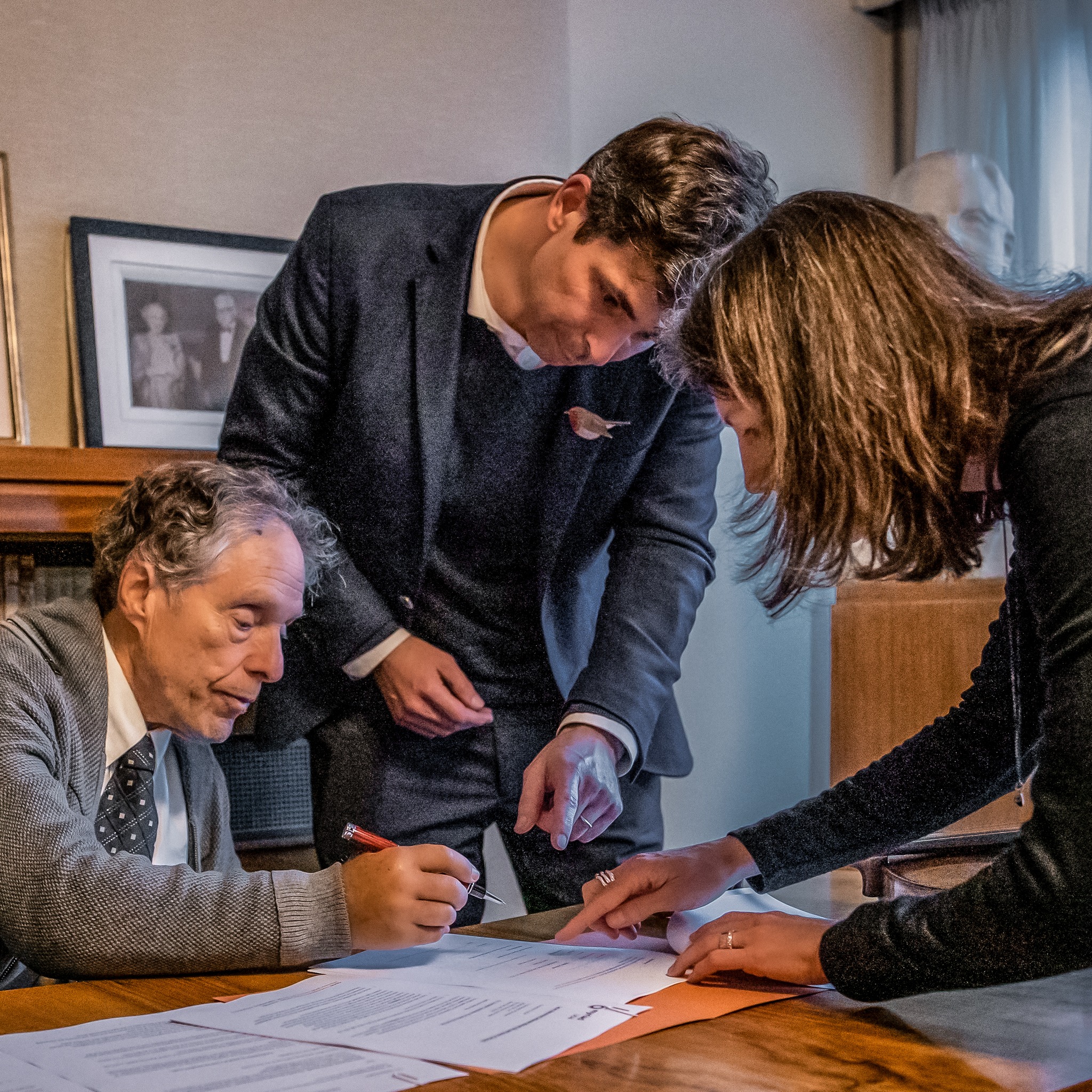The Mike Nichols tripwire test for classical radio presenters
mainAndrew Patner tells us that the film director Mike Nichols, who died today, was the first announcer at WFMT Chicago and creator of its 61 year running Saturday night folk music and comedy program “The Midnight Special.”
He also wrote the station’s audition test for prospective announcers. The test is still used today. Try it, when no-one’s at home. Starting now:

The WFMT announcer’s lot is not a happy one. In addition to uttering the sibilant, mellifluous cadences of such cacophonous sounds as Hans Schmidt-Isserstedt, Carl Schuricht, Nicanor Zabaleta, Hans Knappertsbusch and the Hammerklavier Sonata, he must thread his vocal way through the complications of L’Orchestre de la Suisse Romande, the Concertgebouw Orchestra of Amsterdam, the Leipzig Gewandhaus Orchestra and other complicated nomenclature.
However, it must by no means be assumed that the ability to pronounce L’Orchestre de la Societé des Concerts du Conservatoire de Paris with fluidity and verve outweighs an ease, naturalness and friendliness of delivery when at the omnipresent microphone. For example, when delivering a diatribe concerning Claudia Muzio, Beniamino Gigli, Hetty Plumacher, Giacinto Prandelli, Hilde Rössel-Majdan and Lina Pagliughi, five out of six is good enough if the sixth one is mispronounced plausibly. Jessica Dragonette and Margaret Truman are taken for granted.
Poets, although not such a constant annoyance as polysyllabically named singers, creep in now and then. Of course Dylan Thomas and W.B. Yeats are no great worry. Composers occur almost incessantly, and they range all the way from Albeniz, Alfven and Auric through Wolf-Ferrari and Zeisl.
Let us reiterate that a warm, simple tone of voice is desirable, even when introducing the Bach Cantata “Ich hatte viel Bekümmernis,” or Monteverdi’s opera “L’Incoronazione di Poppea.”
Such then, is the warp and woof of an announcer’s existence “in diesen heil’gen Hallen.”
Classic FM, Radio 3, anyone?





Lo and behold, WFMT’s announcers are still the best anywhere.
[…] test for would-be announcers, which evidently is still used. I was reminded of this test today on Norman Lebrecht’s blog, and felt compelled to say a few things about it. First, though, the test itself. Make sure no […]
Proud to say I passed this test with flying colors when I was 19, and wound up in radio a year later. We have this test in a file here, it’s still in use!
And I was doing so well until “polysyllabically”. Reminds me of the time during the first Gulf War, when Classic FM in the UK was in its early days, the announcers would get into a real muddle over the name Schwarzkopf, never quite mastering the difference between the American (as in General “Stormin” Norman Schwarzkopf) and the German/Austrian (as in the soprano Elizabeth Schwarzkopf)
First of all, Mike Nichols, R.I.P.
“…pronounce L’Orchestre de la Societé des Concerts du Conservatoire de Paris…” Why certainly, “Paris Conservatory Orchestra.” If British announcers can refer to Strauss’s “Don Quick-soat”, no reason not to anglicize a French Orchestra name as commonly referred to.
Once more, ‘Brilliant, Mike Nichols”! R.I.P.
Nice going Andrew but however it’s pronounced, it’s “Elisabeth” (the German way) when you write it down.